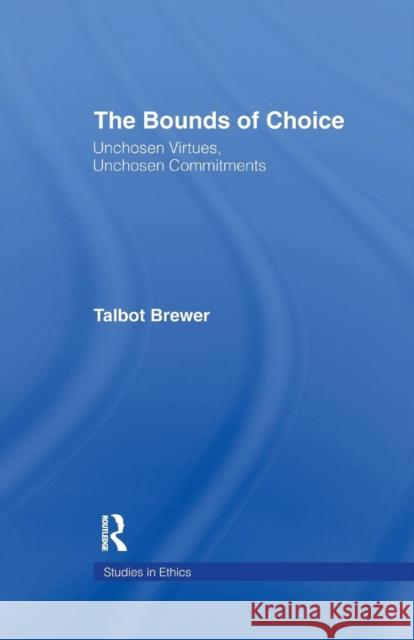The Bounds of Choice: Unchosen Virtues, Unchosen Commitments » książka
topmenu
The Bounds of Choice: Unchosen Virtues, Unchosen Commitments
ISBN-13: 9781138964952 / Angielski / Miękka / 2016 / 252 str.
The Bounds of Choice: Unchosen Virtues, Unchosen Commitments
ISBN-13: 9781138964952 / Angielski / Miękka / 2016 / 252 str.
cena 236,52
(netto: 225,26 VAT: 5%)
Najniższa cena z 30 dni: 226,63
(netto: 225,26 VAT: 5%)
Najniższa cena z 30 dni: 226,63
Termin realizacji zamówienia:
ok. 22 dni roboczych
Dostawa w 2026 r.
ok. 22 dni roboczych
Dostawa w 2026 r.
Darmowa dostawa!
First Published in 2000. Routledge is an imprint of Taylor & Francis, an informa company.











